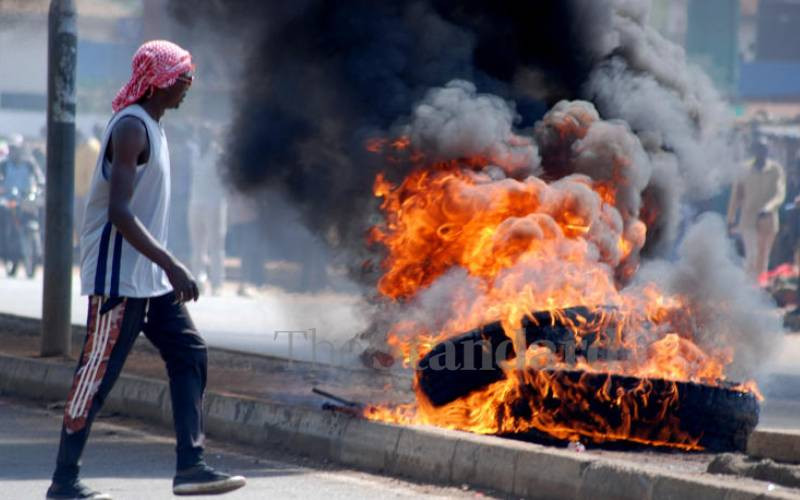×
The Standard e-Paper
Home To Bold Columnists

The protracted post-poll stand-off is bad politics and bad economics. For an economy regarded as the largest in the region, there is nothing to smile about.
As Mosese says in Francis Imbuga's play 'Betrayal in the City', "We have killed our past and are busy killing our future."